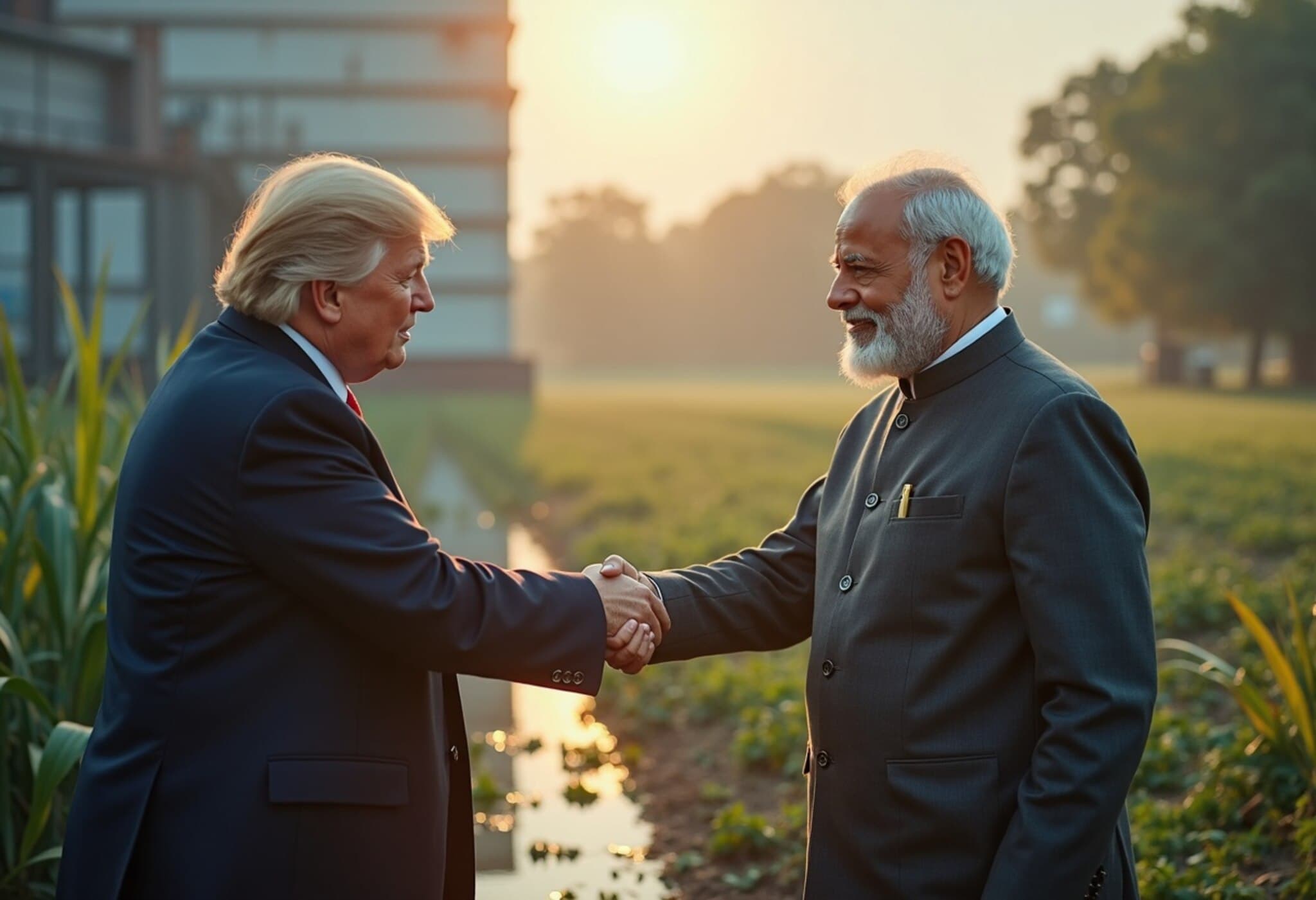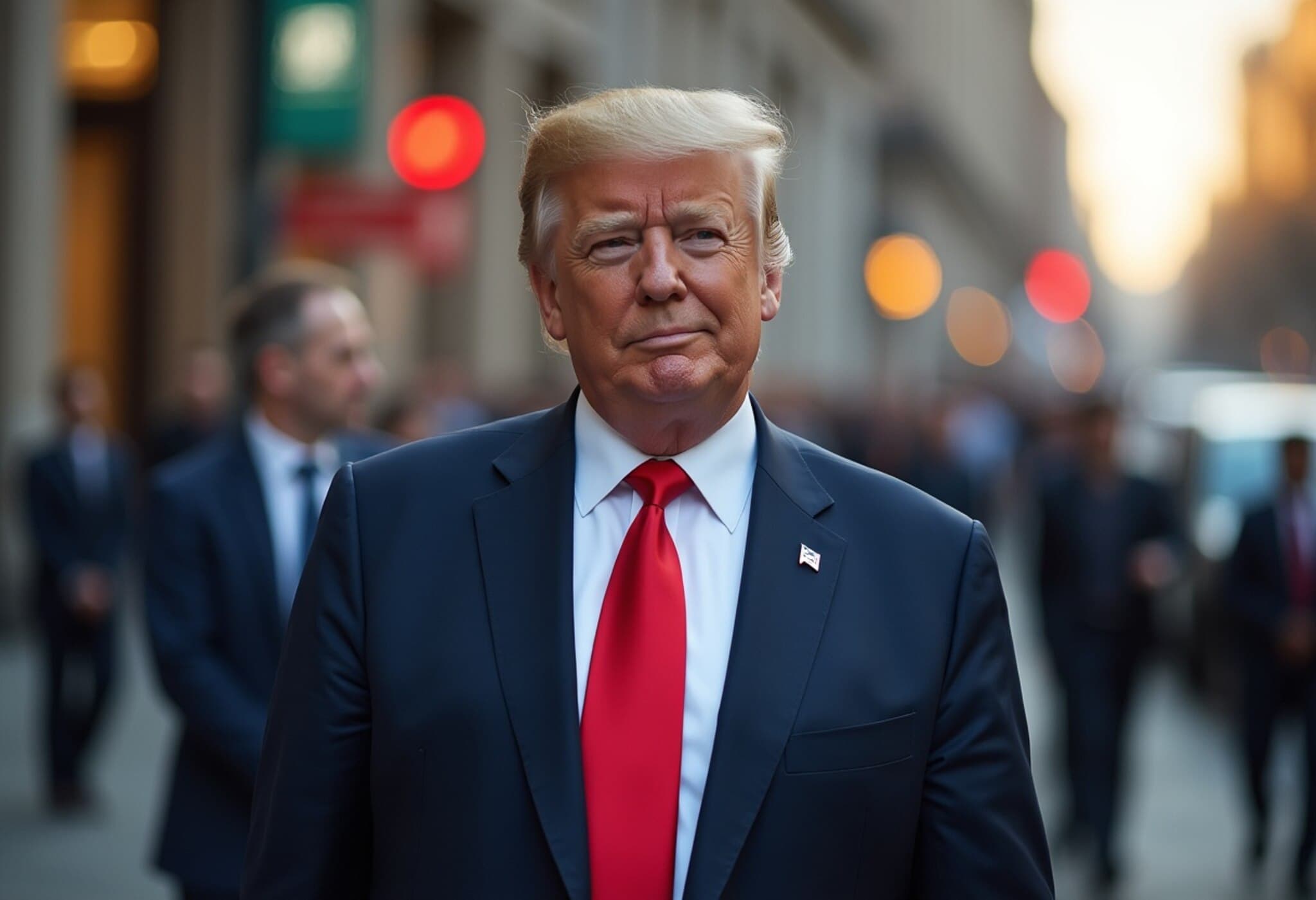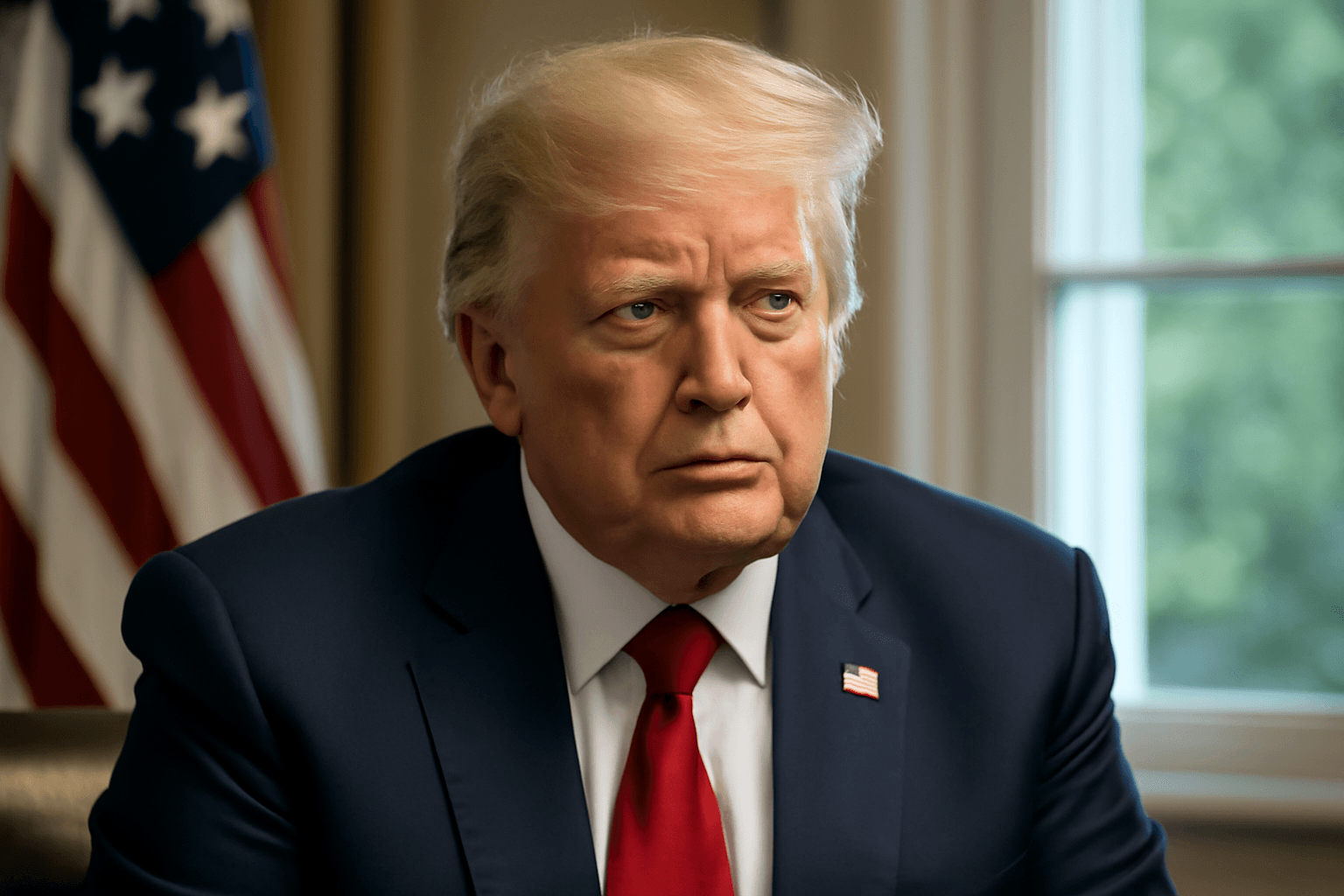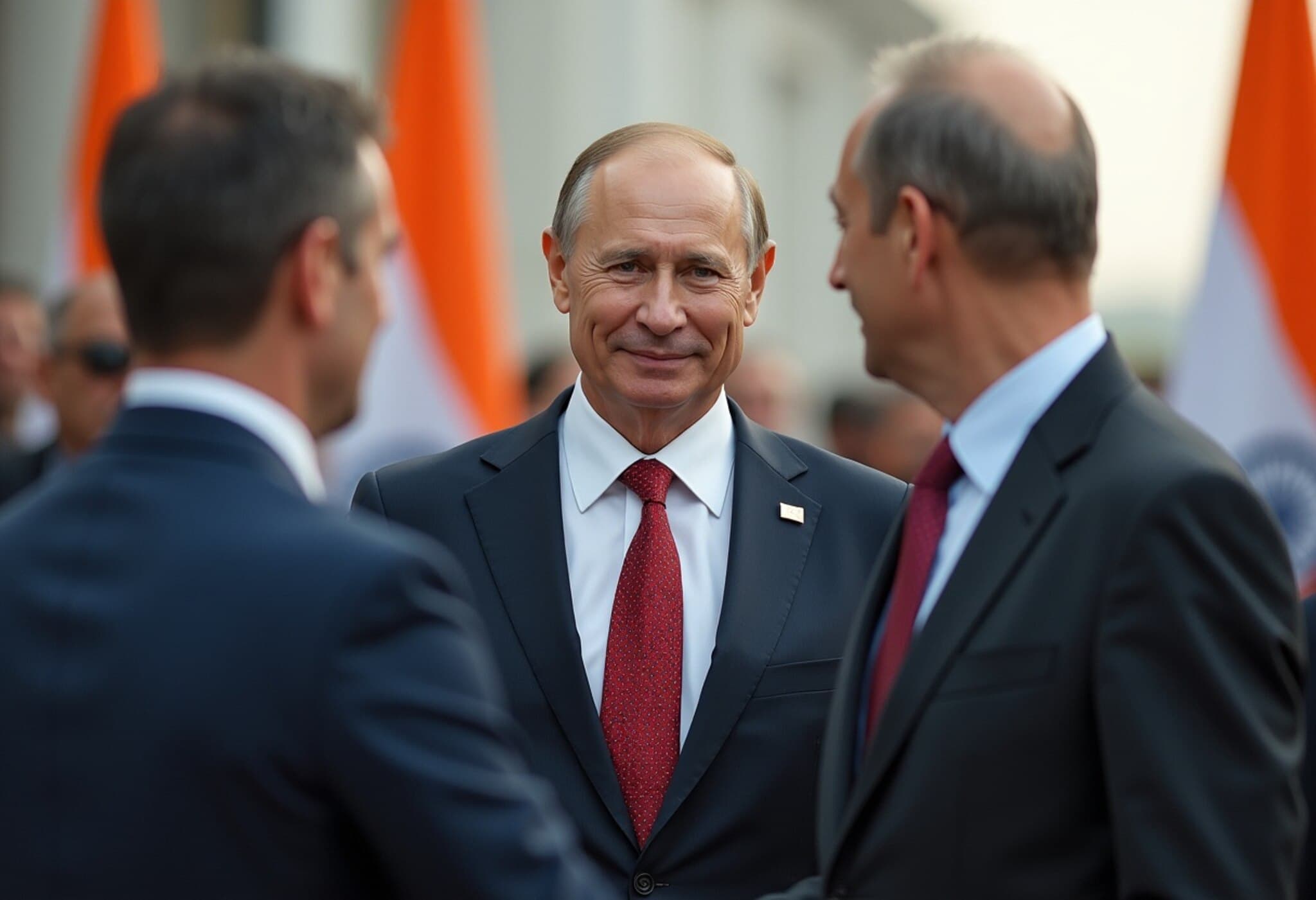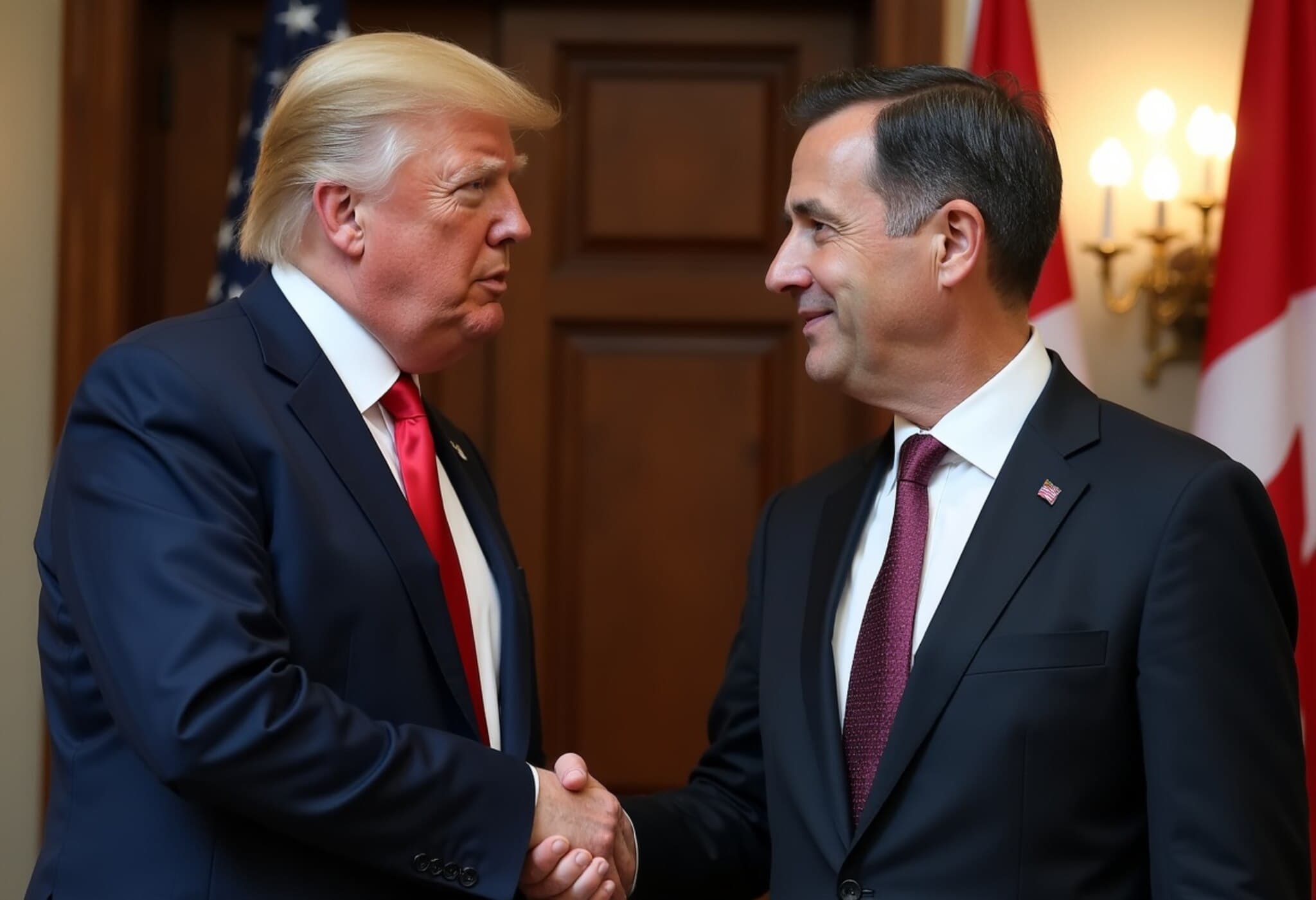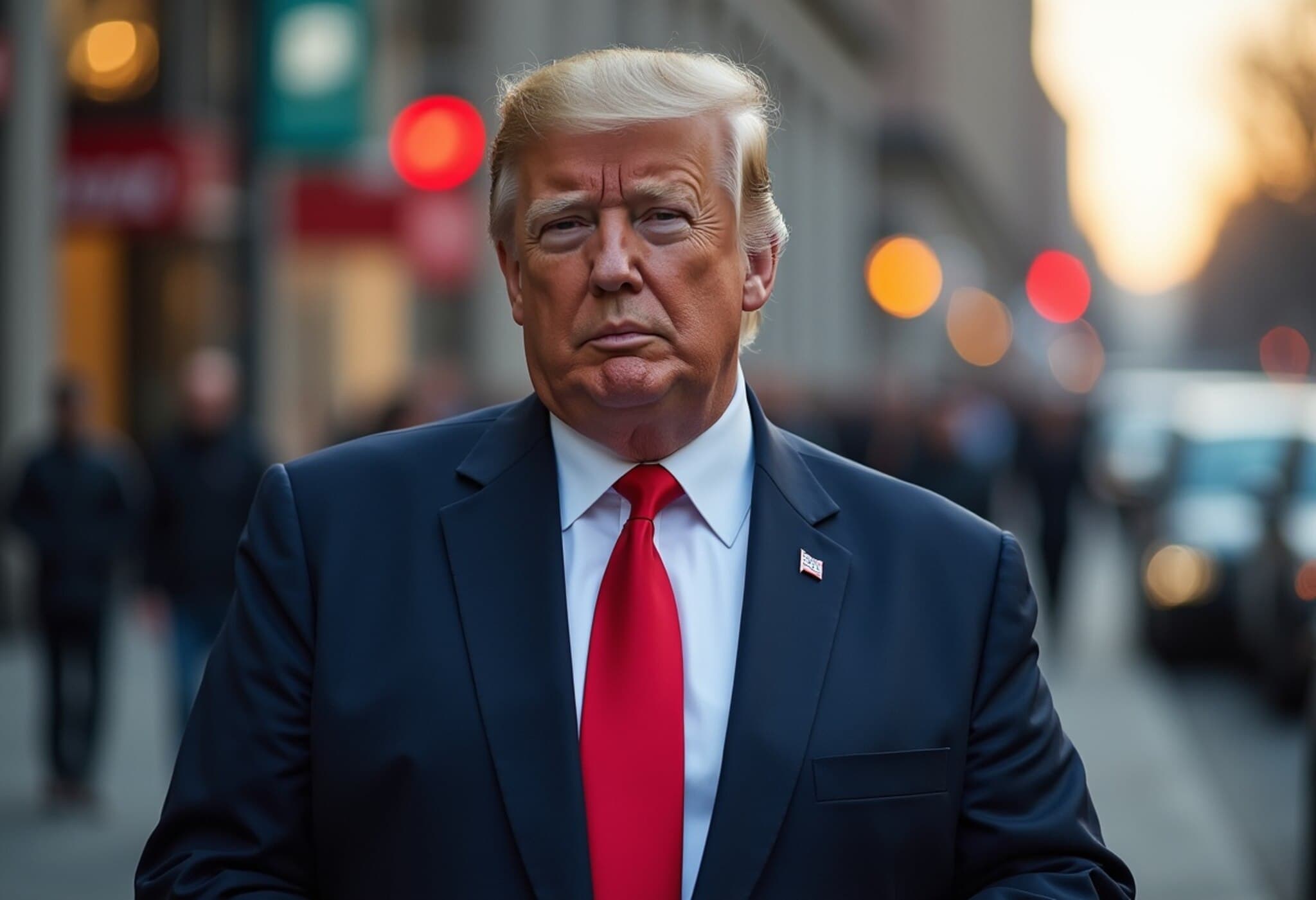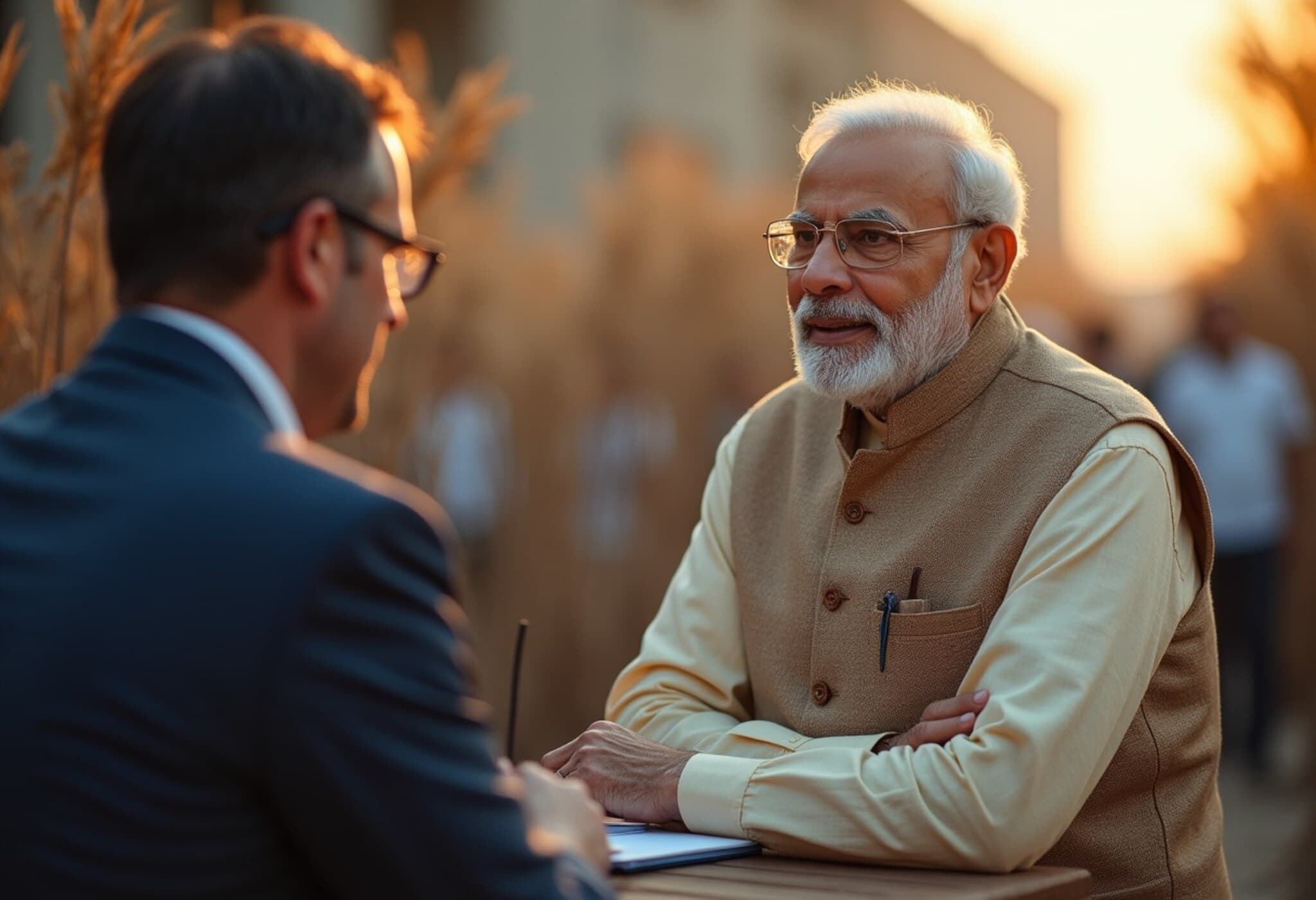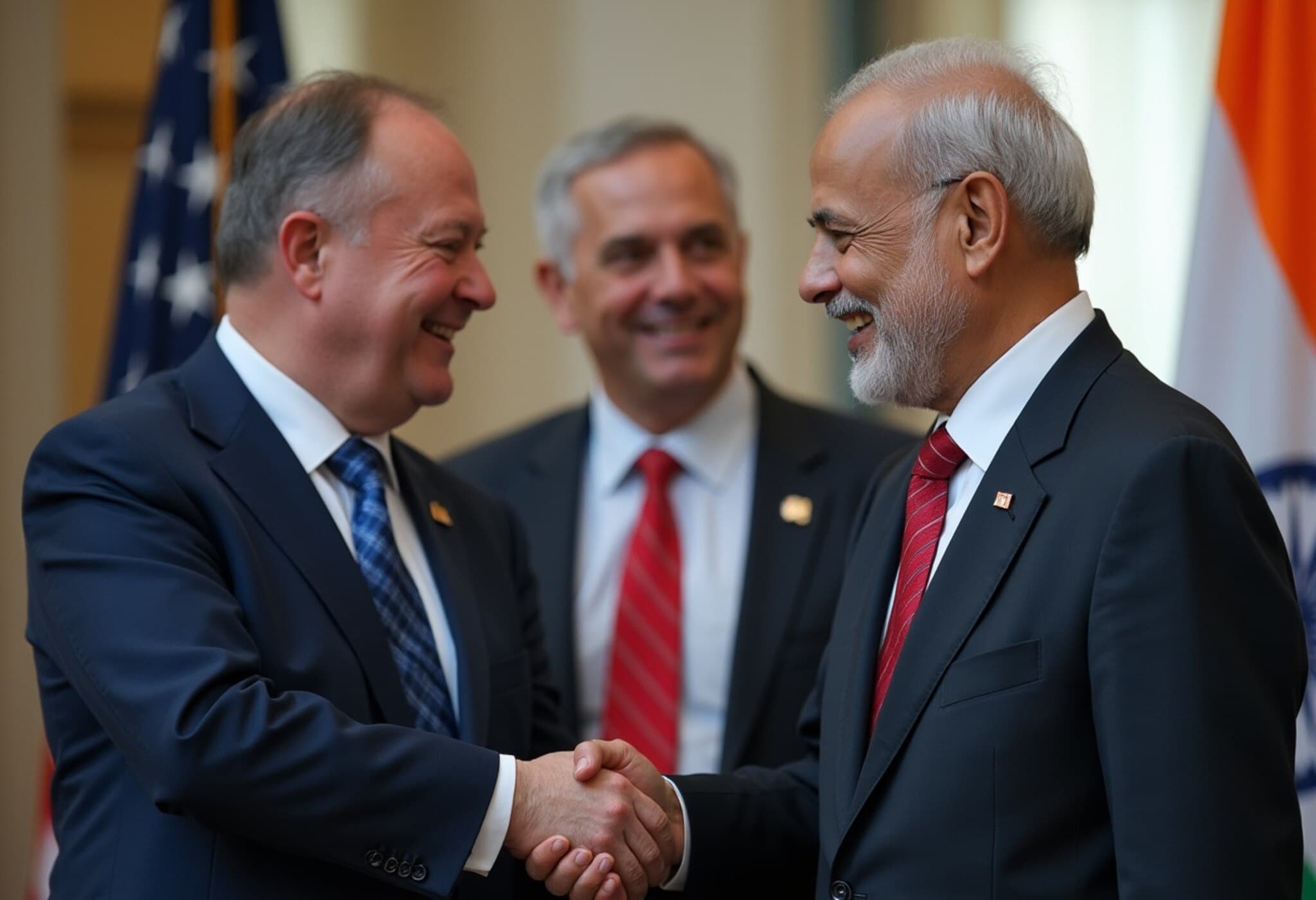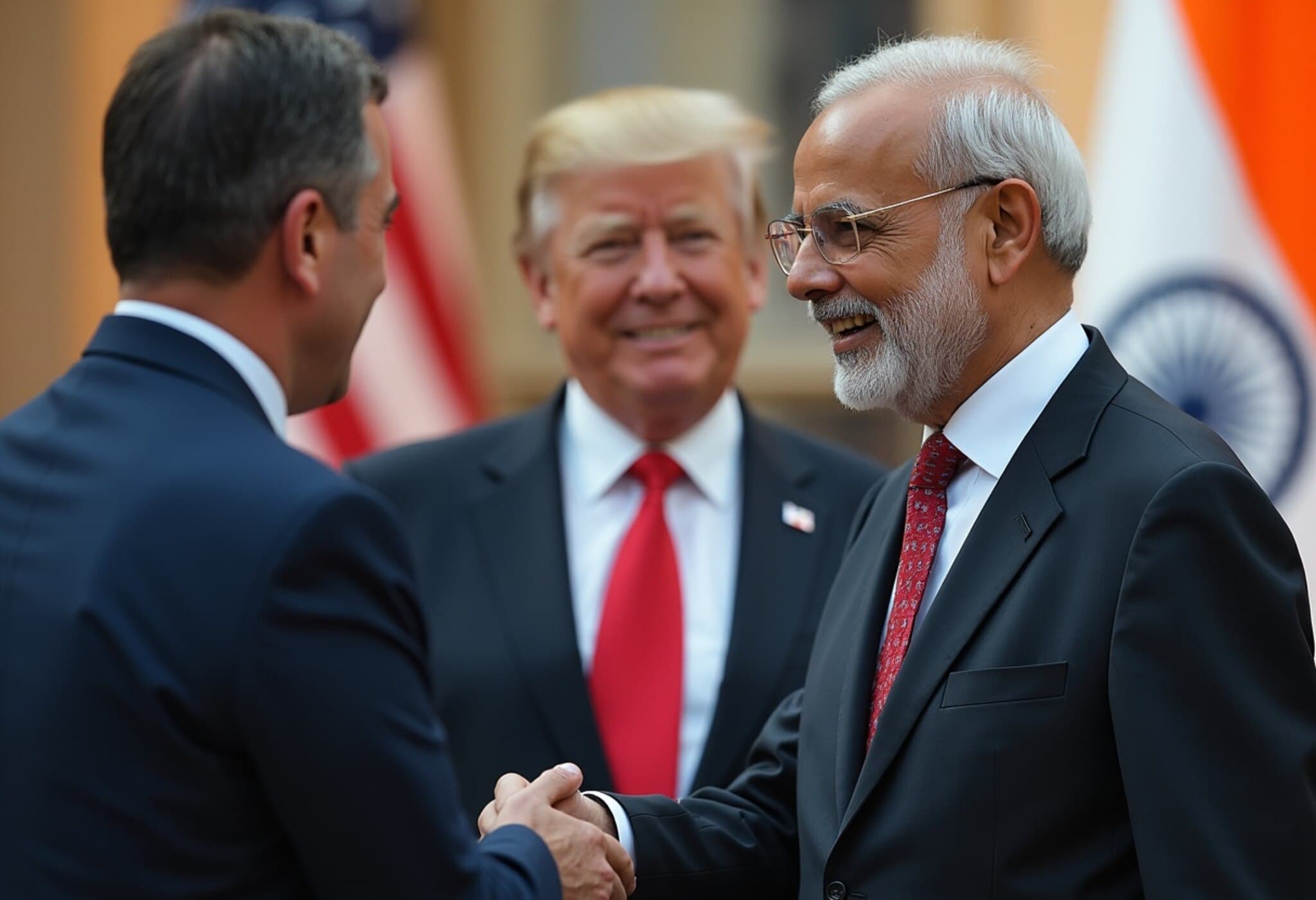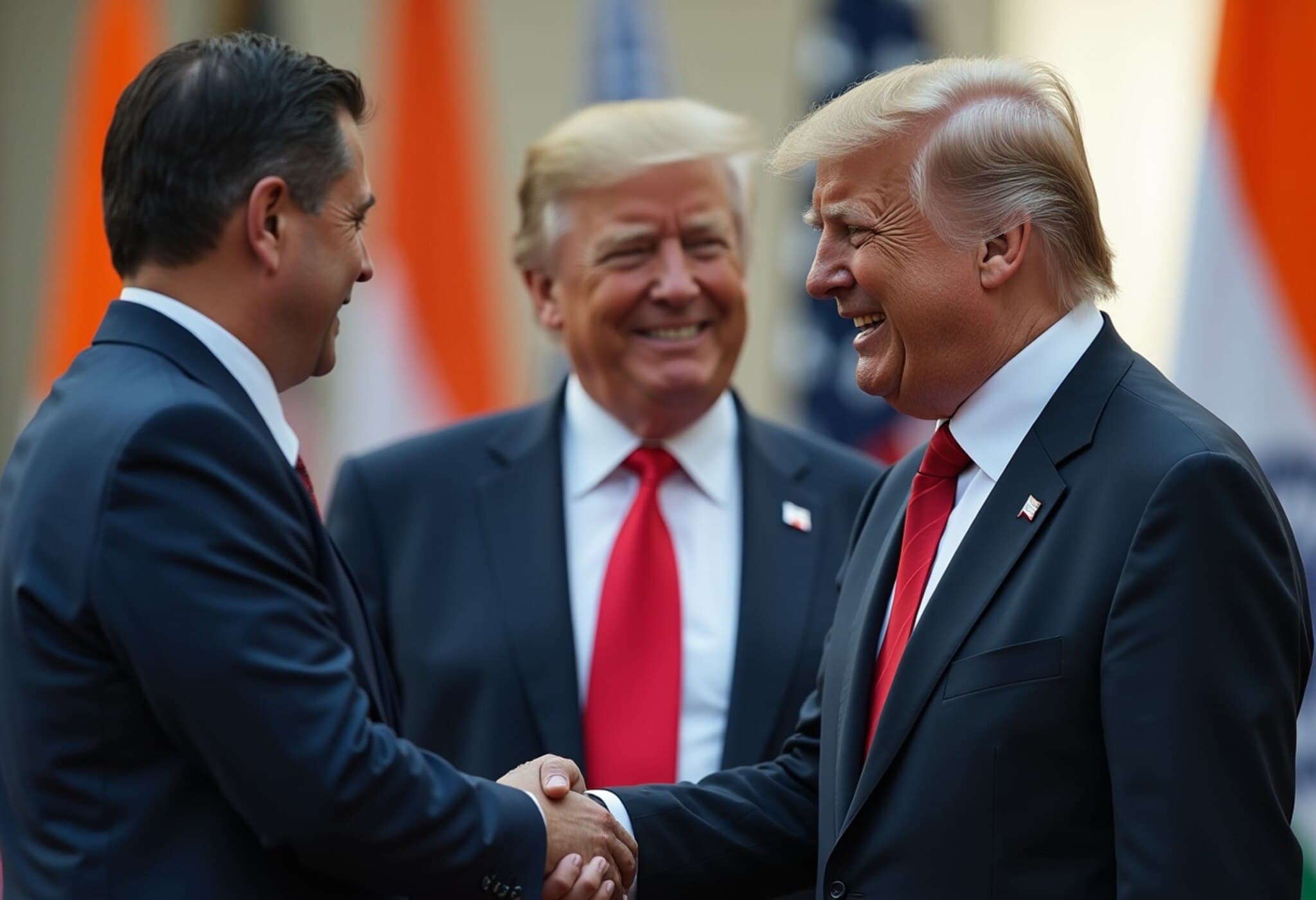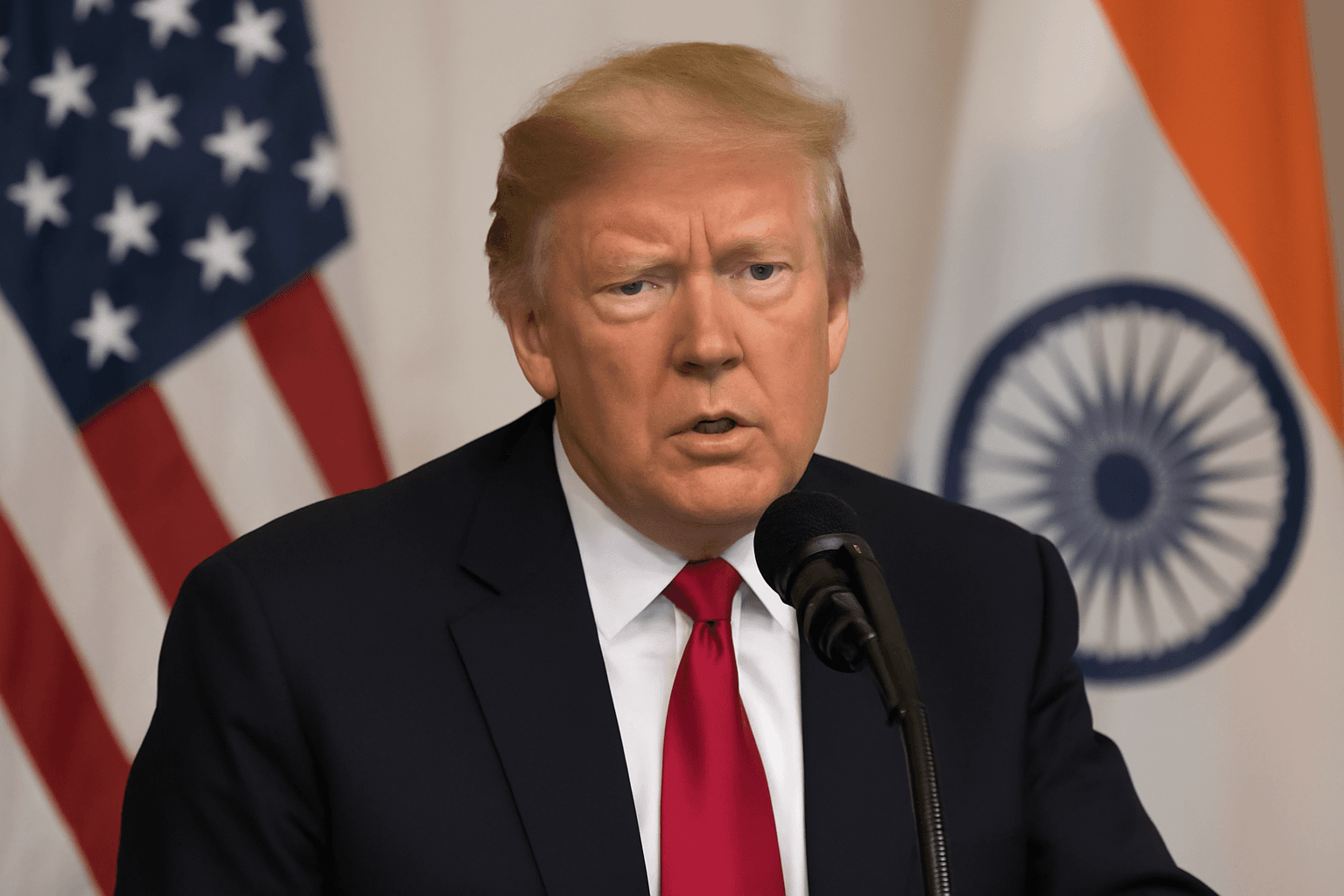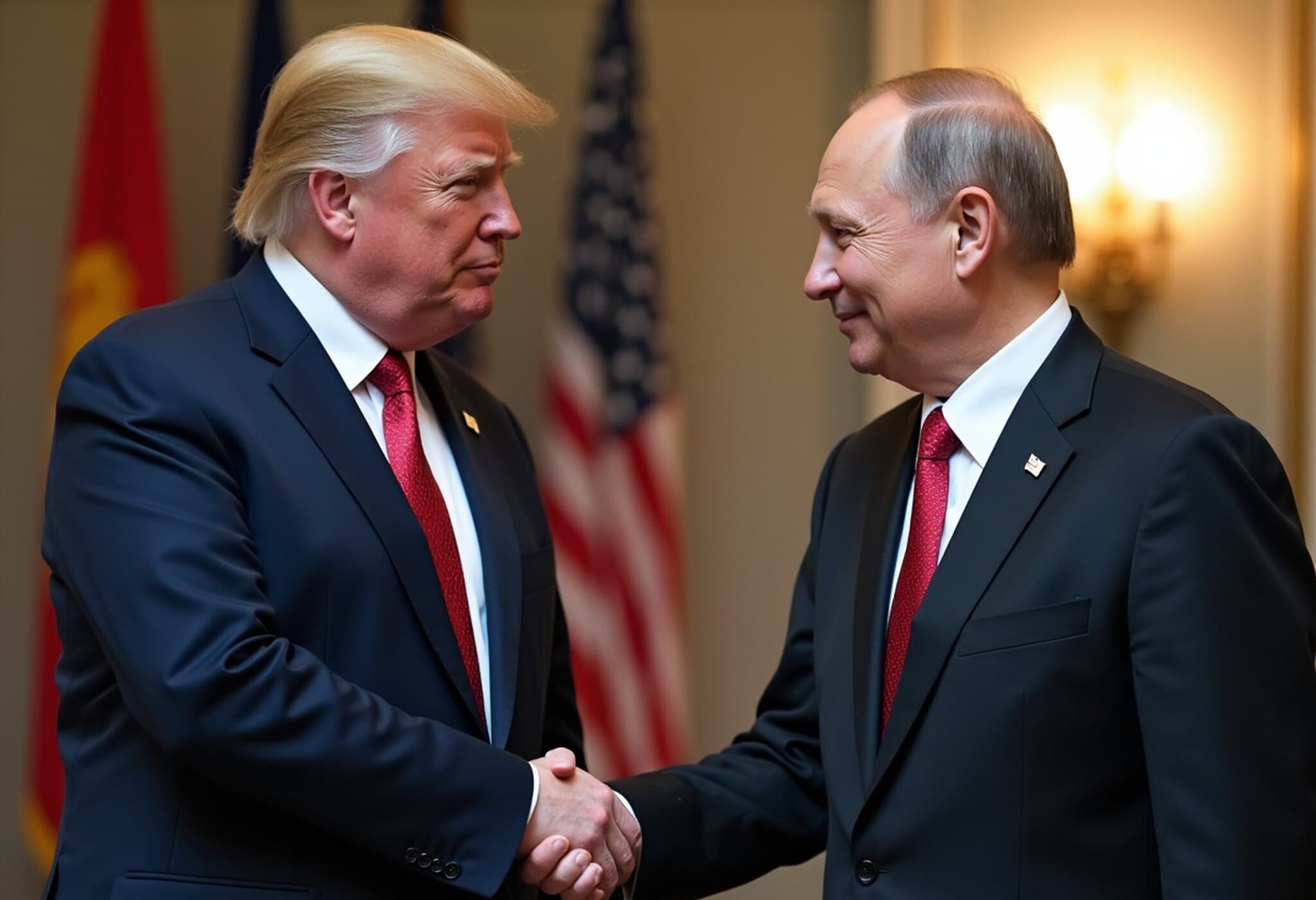US Delegation's India Visit for Trade Negotiations Postponed
The much-anticipated sixth round of bilateral trade talks between the United States and India, originally scheduled to take place in New Delhi from August 25 to 29, 2025, appears set to be postponed. According to an official source who spoke to PTI on condition of anonymity, the US delegation’s planned visit might be deferred amid escalating tensions surrounding trade tariffs.
Tariff Hike Strains Trade Discussions
In a significant development just days before the planned talks, US President Donald Trump announced a fresh wave of tariffs on Indian imports. Notably, an additional 25% tariff was imposed in response to India's continued purchase of Russian oil. This latest increase pushes the total tariff burden on Indian goods to a hefty 50%, complicating the already delicate negotiation landscape.
Political and Economic Stakes
The tariff hike is emblematic of broader economic and geopolitical friction between the two nations. Washington’s strategy aims to leverage trade talks to gain greater market access, particularly in sectors deemed politically sensitive in India, such as dairy and agriculture.
India Stands Firm on Protecting Farmers
Indian officials have maintained a resolute stance, emphasizing that no trade agreement should undermine the livelihoods of the country's substantial farming and cattle-rearing communities. This position highlights the challenge of balancing liberalizing trade with safeguarding domestic economic interests — a common dilemma for emerging economies engaging with global superpowers.
Ambitions Behind the Talks
Despite these roadblocks, both India and the US have publicly reaffirmed their commitment to concluding the first phase of a bilateral trade agreement (BTA) by the fall. The overarching goal is ambitious: to nearly triple bilateral trade from the current USD 191 billion to USD 500 billion by 2030. Achieving this target will require navigating complex political, economic, and social factors on both sides.
Expert Analysis: What’s at Stake?
- Geopolitical Context: The US’s tariff escalation can be seen as part of its broader Indo-Pacific strategy, aiming to influence India's energy choices amid global tensions involving Russia.
- Domestic Pressures: US industries, especially agriculture, are keen to access the Indian market, pressing the government to negotiate tougher terms.
- Indian Economic Policy: India's insistence on protecting farmers reflects domestic political realities where agriculture remains a critical and sensitive vote bank.
- Potential Delay Impacts: Postponing talks could slow momentum, but may also allow time to address core sticking points strategically, possibly leading to a more balanced deal.
Looking Ahead
As the global economic environment remains unpredictable, these talks will be a litmus test for US-India relations amid shifting alliances and trade policies. Observers will be watching not just for tariff outcomes but for how the two democracies manage economic cooperation amid strategic divergences.
Editor’s Note
The postponement of US-India trade talks underscores the complexities of modern trade negotiations where economic ambitions collide with political realities and domestic pressures. While tariffs and agriculture serve as flashpoints today, both nations’ broader strategic partnership depends on nuanced dialogue and compromise. As global trade increasingly intertwines with geopolitics, understanding these dimensions offers critical insight into the future of international commerce and cooperation.
Key Questions: Can the US and India reconcile their competing economic interests without compromising crucial domestic sectors? How will global geopolitical shifts influence the trajectory of their trade relationship? These questions are central as negotiations move forward.

